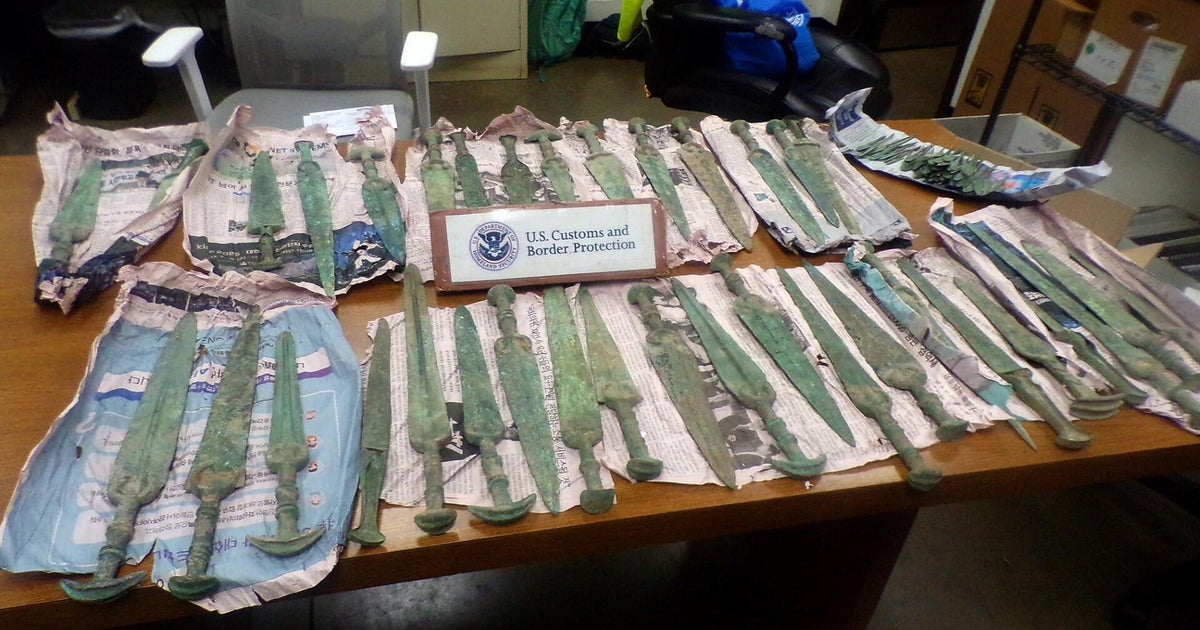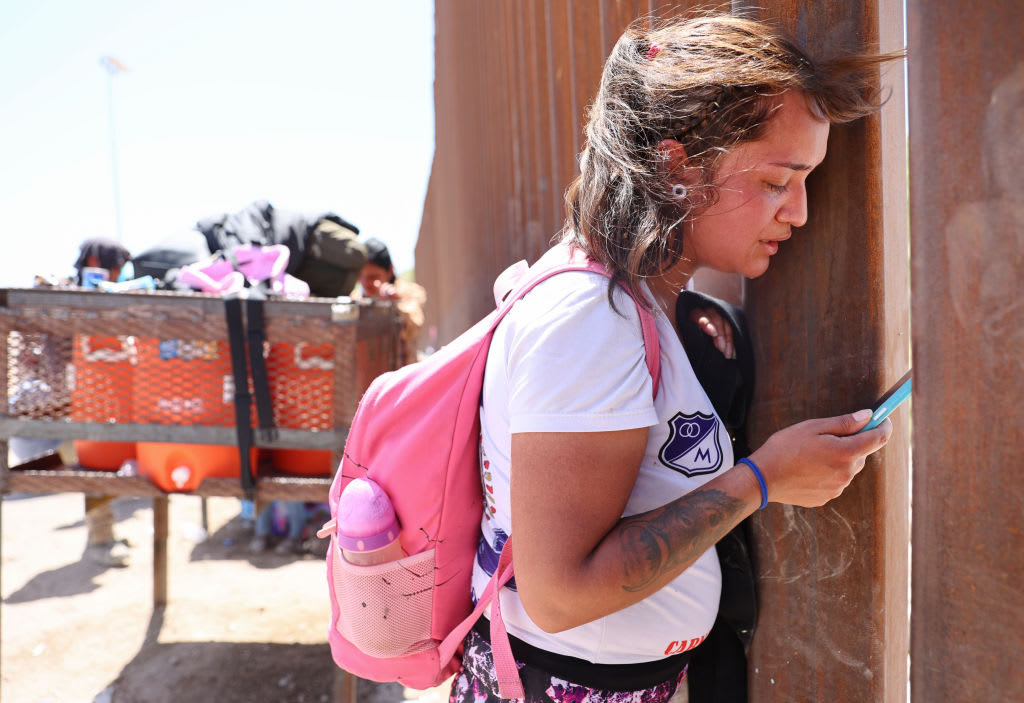U.S. southern border apprehensions rose in June, despite mass expulsions policy
Apprehensions by U.S. immigration officials at the southern border rose by more than 30% in June, even as Mexico and Central American countries continued their coronavirus lockdown measures and the Trump administration used emergency authorities to rapidly expel most unauthorized migrants.
U.S. authorities along the border with Mexico made more than 32,000 apprehensions last month, up from over 23,000 in May, according to Customs and Border Protection statistics published Thursday. Nearly 89% of those apprehended in June were expelled to Mexico or their home countries under a public health directive that has bestowed border officials the power to swiftly bounce migrants off U.S. soil, without having to process them under immigration and asylum laws.
In total, officials have carried out more than 70,000 summary expulsions since late March, when the Centers for Disease Control and Prevention authorized them through a directive that has since been extended indefinitely. As tallied by CBP, the numbers of apprehensions and expulsions are not representative of the number of individual migrants intercepted since some cross the border multiple times after being turned back.
Acting CBP commissioner Mark Morgan said the uptick in apprehensions highlighted the need for the emergency policy to continue.
"While the number of encounters last month are not a surprise, this increase is still extremely concerning as we continue to battle the invisible enemy: COVID-19," Morgan said in a statement. "Therefore, it is imperative that we continue to build the border wall system and enforce CDC policies aimed at protecting the health of Americans."
Despite the increase last month, border apprehensions continue be significantly lower than the same time period last year. CBP officials apprehended more than 100,000 migrants in June 2019, when a wave of migration of families and children from Central America that peaked in the spring began to dissipate.
Unlike last spring, nearly 80% of migrants apprehended in June were Mexican adults, according to Morgan. In addition to the more than 29,000 arrests of single adults last month, CBP carried out 1,651 apprehensions of unaccompanied children and 1,656 of families with minors.
To deter U.S.-bound migrants, the Trump administration implemented a series of restrictive asylum policies last year, requiring tens of thousands to wait in Mexico as their U.S. immigration court cases were adjudicated, placing others in fast-tracked deportation programs and even sending some to Guatemala with the instruction that they apply for humanitarian protection there.
Those programs have been effectively halted during the pandemic, with the administration relying on the CDC's order to curtail border crossings and asylum petitions. Migrants processed under the public health directive are not allowed to seek asylum and can only request for their deportation to be deferred under the United Nations Convention Against Torture — a relief very few have been able to access during the pandemic.
On Thursday, the administration published a proposed rule that would allow U.S. officials to disqualify migrants from asylum and another humanitarian protection from deportation if they come from or traveled through countries experiencing an outbreak of an infectious disease, even if they don't exhibit any symptoms. The publication date of the final regulation is unknown, but the policy could be used after the CDC order is no longer in effect or if another pandemic strikes.
CBP on Thursday reported a continued increase in the number of interceptions of tractor-trailers that were being used to smuggle migrants across different sectors of the southern border. The agency also highlighted an uptick in rescues of migrants who were in distress, trapped in the desert, drowning or in other perilous circumstances. More than 3,300 migrants have been rescued in fiscal year 2020, including 610 in June, according to CBP.
"Too often our agents are faced with the challenge of recovering drowned victims and finding human remains during their daily operations. This is not something we take lightly and that is why I discourage the illegal journey," Morgan said in one of his statements Thursday. "Stay home in your country. The journey is not worth your life or the lives of your loved ones."




